
A man helping strangers remove flood-damaged items from their home in a suburb of Townsville, in the Australian state of Queensland, on Thursday. Credit Dan Peled/EPA, via Shutterstock
nytimes.com - by Livia Albeck-Ripka - February 7, 2019
. . . Community support is the biggest predictor of how well people recover from disasters, “over and above the horrors of the trauma” . . .
As climate change makes it likely that disasters will become more intense and frequent, researchers are studying how communities respond, and what they need to be resilient. Being part of a community response can be “protective” . . .
. . . the real danger zone is six to 12 months after a disaster strikes. It is then, experts agree, when the news coverage fades and others seem to move on, that residents who are still struggling with practical issues, like insurance claims, and emotional trauma, can feel abandoned.
(CLICK HERE - READ COMPLETE ARTICLE)




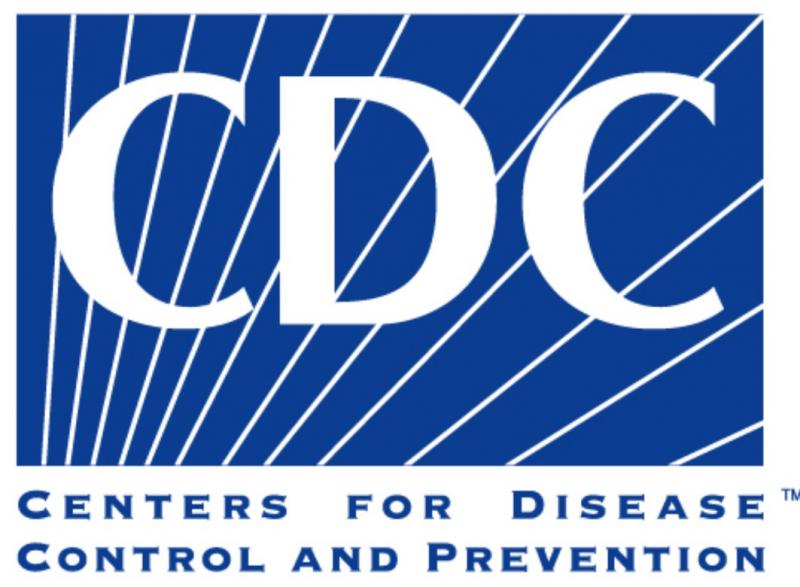
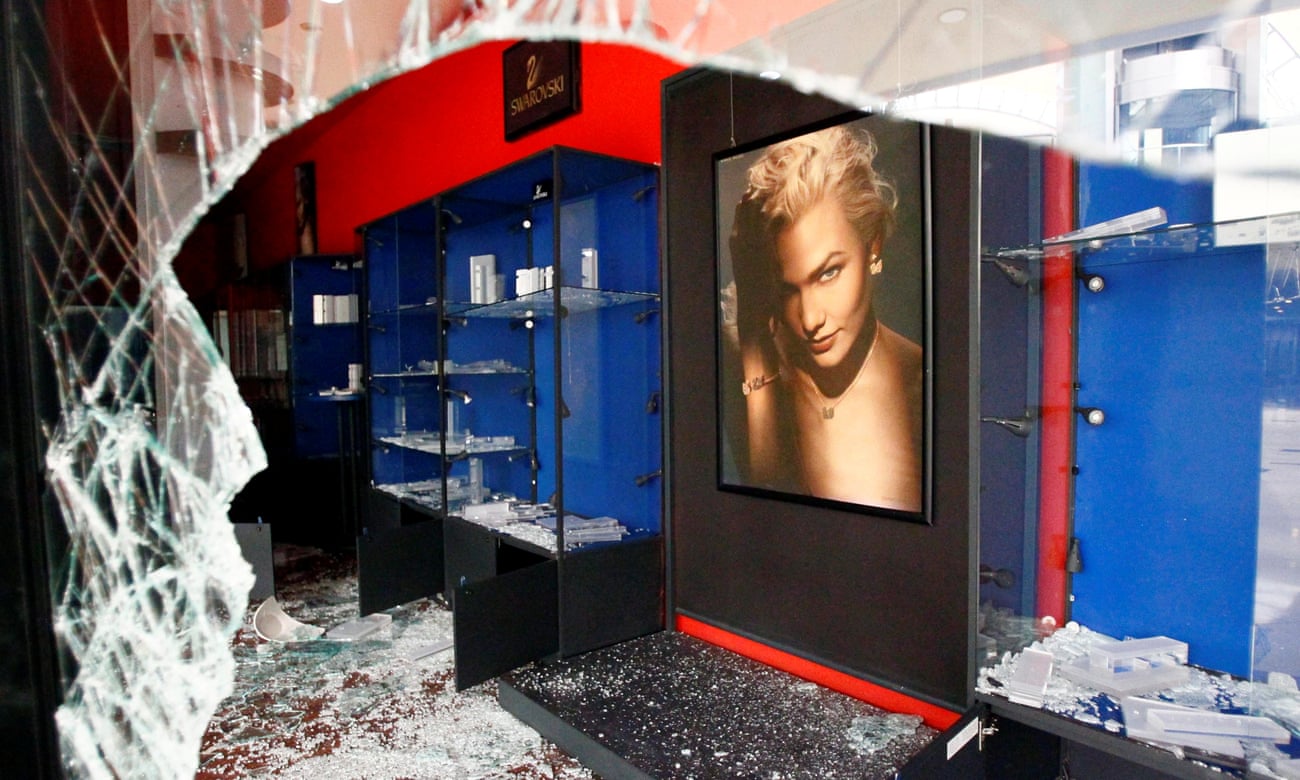


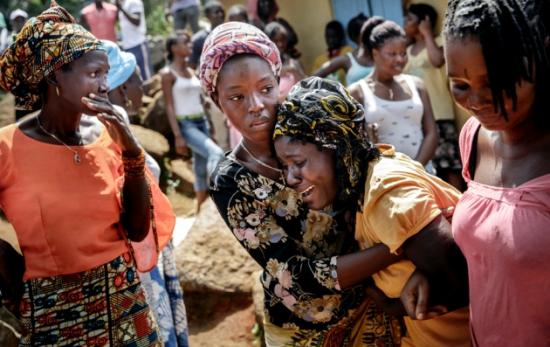

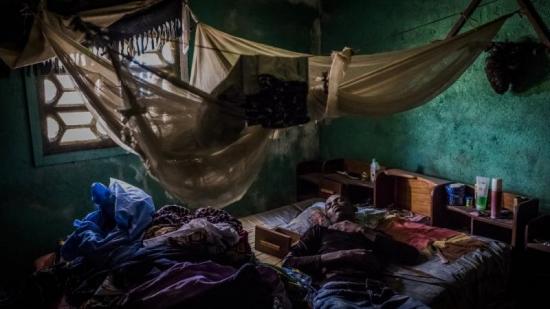
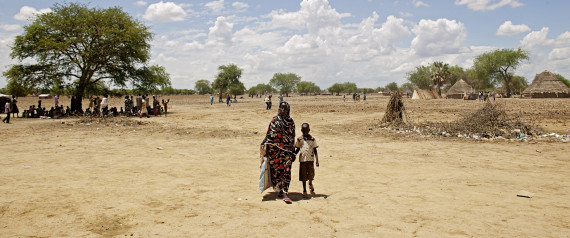
Recent Comments